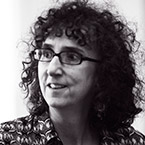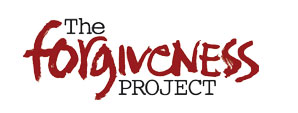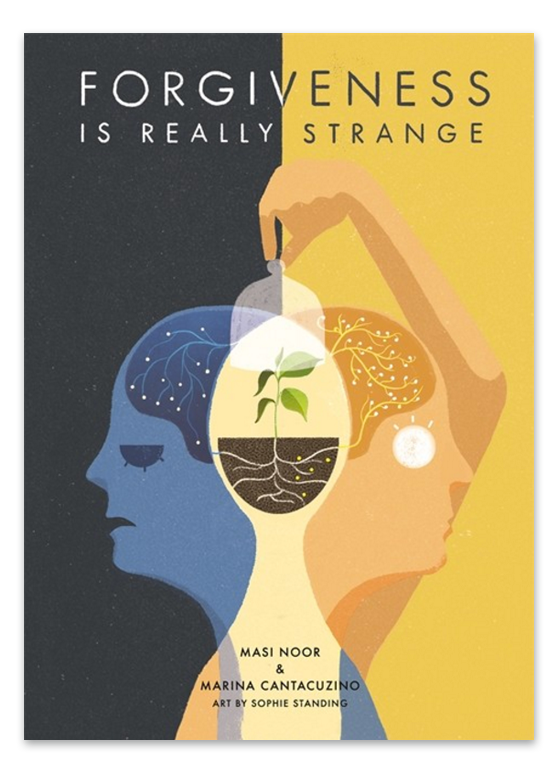The forgiveness toolbox
A skills-based toolbox enabling individuals and groups to transform the impact of harm and violence and nurture peaceful co-existence
As powerful a concept as forgiveness is, for many, it may be associated with the elusive, the intangible and with something hard to pin down. Forgiveness may even trigger bewilderment in us, especially when we consider how it is practised. We may be in awe of people who are able to forgive those who have caused them irreversible harm. However, we are still left with the questions: what enables them to forgive and how do they do it? In this skills-based toolbox we address these questions. The idea of a toolbox underlines the notion that forgiveness does not happen in mysterious ways. Instead, it reinforces the notion that the practice of forgiveness can be learnt by acquiring a set of skills which are based on the actual experiences of individuals who have succeeded in liberating themselves from the debilitating power of victimhood. Thus, in the present tool-box we aim to identify a range of skills involved in forgiveness, and by doing so we hope that more light is shed on the concept itself. What is special about the present skills is that they were extracted from real life stories of victims and perpetrators who have struggled with trauma, loss, resentment and even thoughts of revenge. The skills have transformed these individuals to act in ways that have allowed them to discover and embrace “the gift in the wound”.
This toolbox is a collaboration between Dr Masi Noor, Psychologist in the School of Psychology at Keele University, and Marina Cantacuzino, Founder of The Forgiveness Project (TFP, www.theforgivenessproject.com). Masi and Marina have both pursued their interest in forgiveness over the past ten years. Masi has done so through academic research on the psychology of forgiveness in contexts of past or on-going political violence (Chile, Northern Ireland, Palestine/Israel). Marina’s background is journalism and she has explored forgiveness through a practitioner root by developing TFP, working in prisons and schools, and collecting the stories of victims and perpetrators. What has formed the basis of this skills-based toolbox is Masi’s analysis of the stories with a broadly political violence focus that Marina has collected.

Dr Masi Noor
Social Psychologist in the School of Psychology at Keele University

Marina Cantacuzino
Founder of The Forgiveness Project
The list of skills that are presented in this toolbox is not intended to be exhaustive, nor are these skills intended to be prescriptive. We also refrained from outlining a process which may be suggestive of a specific sequence through which the skills should be explored. This is because we acknowledge that different visitors to this toolbox may find themselves in different places in their journey and that there may be numerous different processes. However, we intend that these skills lay out tangible strategies with the help of which individuals can tap their own resourcefulness to realize:
- It takes energy to harbour resentments and nurse unhealed wounds.
- Grudges are consuming and that there are more creative ways to use this energy.
- Nothing we do to punish another person or group will heal ourselves.
Ultimately, these skills aim to enable individuals and groups to re-gain their diminished sense of agency following victimhood experiences, to let go of resentment and to find ‘the gifts in their own wounds’.
“As I walked out the door toward the gate that would lead to my freedom, I knew if I didn’t leave my bitterness and hatred behind, I’d still be in prison.”
Nelson Mandela


